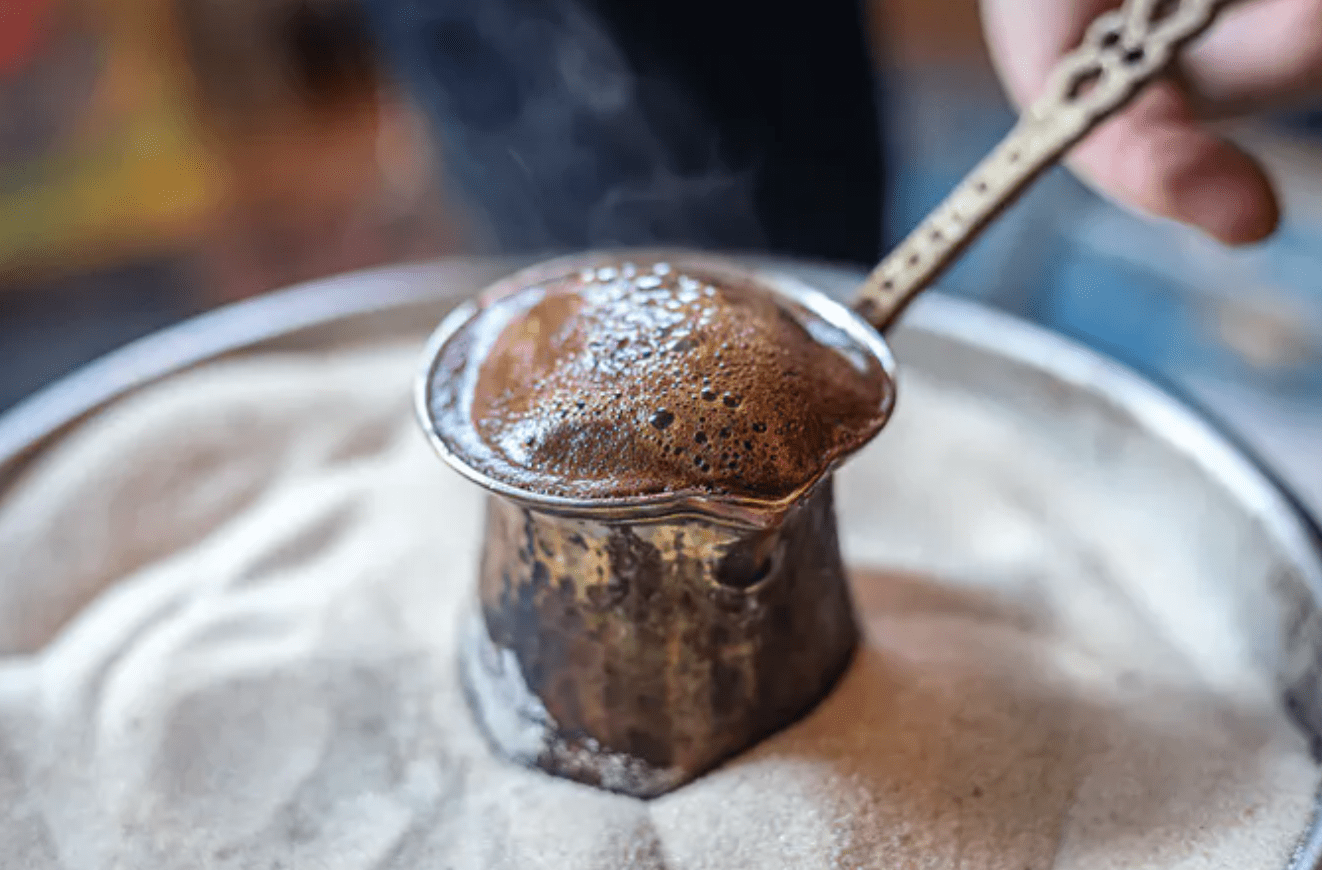A woman sits across the table, in her hands, an intricate flower-painted teacup. It’s a small thing, only an inch or two in height and even less in diameter. She peers down into it, draws a breath through her nose, and nods. When she looks up from her study, there is a distinct air of knowing to her. She is about to read a fortune. Every Egyptian has met this woman in some capacity; she is someone’s great aunt, someone’s older sister, the local mystic who taxes a pretty penny for each reading. Coffee fortune-telling – or rather, the act of uncovering past and future through one’s drained qahwa cup – has become a staple of Egyptian culture. No matter who it is telling long tales of love and longing, there is little doubt that Egyptians have developed a culture of social spiritualism around coffee. Coffee itself was first imported to Egypt after its cultivation and discovery in Yemen, five centuries prior to its use as a party trick. Soon enough, each culture would brew its own blends and fragrances, deviating from traditional bitterness. Egyptians, however, remained enamored by the…




